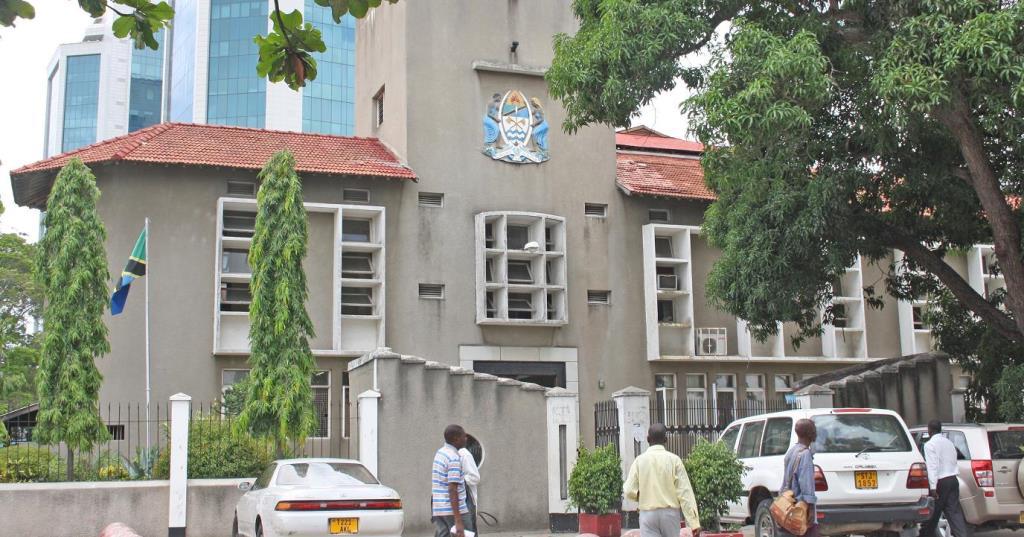AfricaPress-Tanzania: THE High Court, Main Registry, has allowed former employee with the Immigration Department, Mr Isaya Chawinga, to apply for judicial review against the decision of Commissioner General of the Immigration Services, confirming his dismissal from public service.
Principal Judge Eliezer Feleshi ruled in favour of Mr Chawinga, the applicant, after granting his application for leave to apply for prerogative orders of certiorari and mandamus against the Commissioner General of the Immigration Services and the Attorney General.
“This Court finds merit in the present application. Consequently, a leave to apply for prerogative orders is hereby granted. Considering the circumstances of the application and this matter being on employment, parties are ordered to bear their own costs,” ruled Dr Feleshi.
Before reaching into such a decision, the court considered some elements, amongst existed arguable case to be determined in the major case and whether the applicant has established sufficient interest to be allowed to bring the main application.
Judicial review is a specialised remedy in public law by which the High Court exercises a supervisory jurisdiction over inferior courts, tribunals or other public bodies.
Prerogative Orders are orders issued by the High Court in exercising its supervisory jurisdiction over inferior or subordinate courts, tribunals, and public authorities through a process known as judicial review.
These orders are neither a process nor cause of action; instead they are remedies available against a decision or proceedings of the administrative authority or the government.
They include mandatory orders (mandamus), quashing orders (certiorari), prohibiting orders (Prohibition), bring the body orders (habeas corpus’) and under what authority orders (Quo warranto).
In his case Mr Chawinga seeks for two prerogative orders of certiorari and mandamus to challenge the decision of the Commissioner General of the Immigration Services.
He stated in his supporting affidavit that June 29, 2007, he was employed by the Commissioner General on permanent terms, the employment which was confirmed into public service on November 6, 2008.
On October 18, 2018, the Commissioner General served him with a termination letter to the applicant whereas before such termination, he was not issued with any charge or notice. He is thus contesting the legality of the said termination.
In response, however, Mr Salum Othman, from Immigration Department, disputed that on October 18, 2018, they issued termination letter to the applicant, adding that, the regulations were legal, reasonable and clear and that they were made within statutory requirements.







